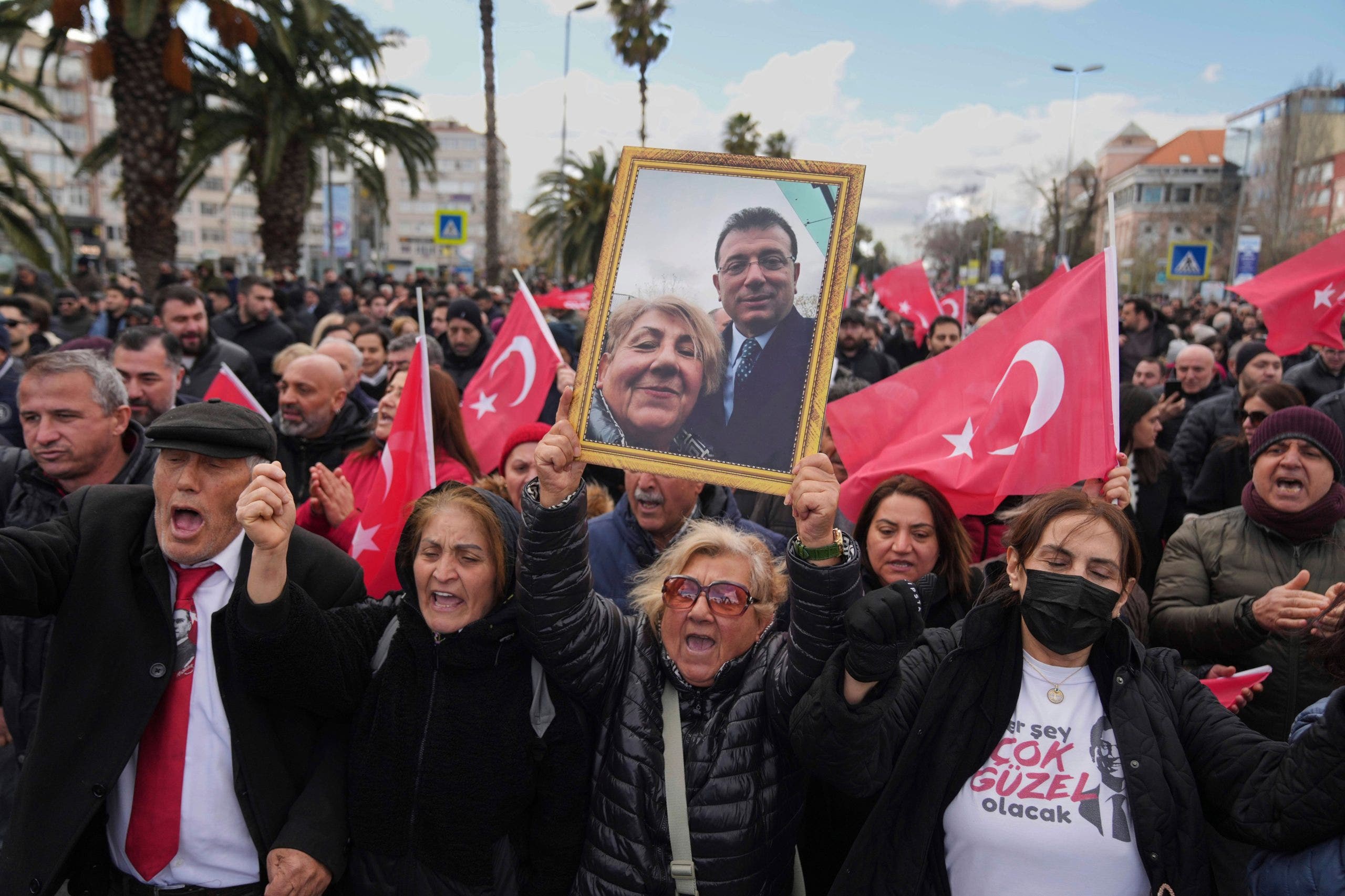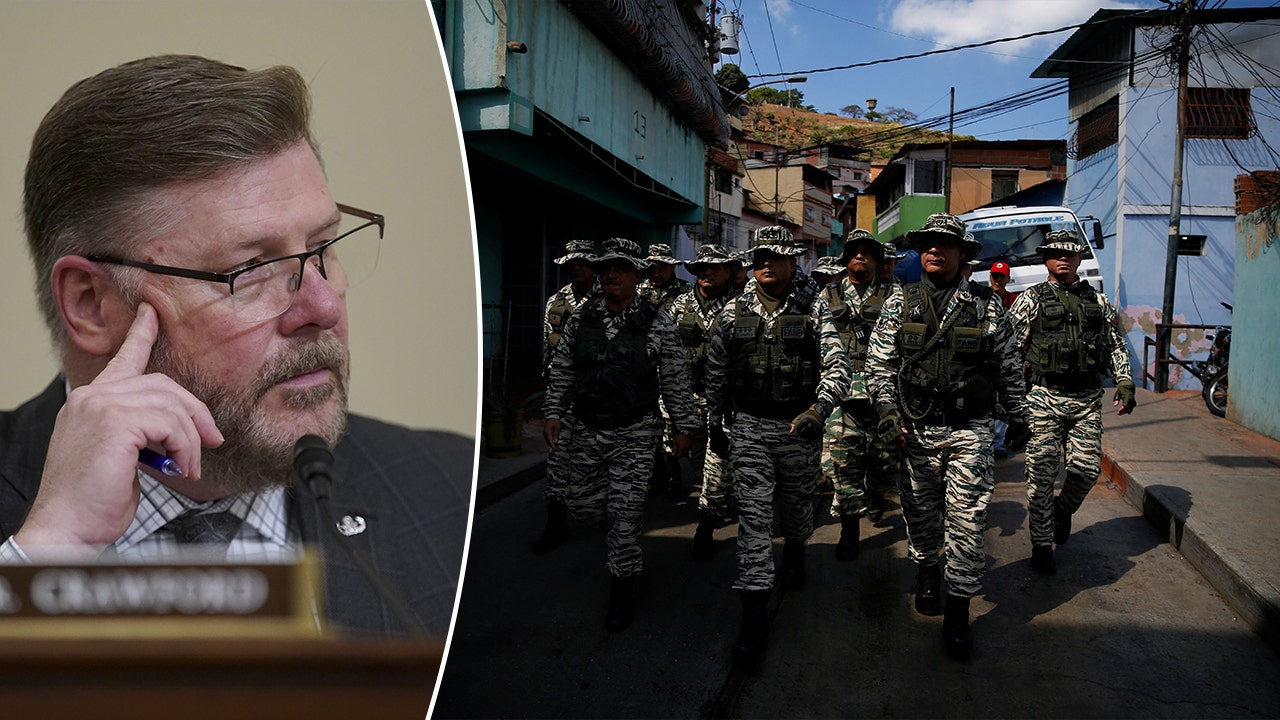In addition to those killed by the former government’s security and intelligence services alongside Awami League party associates, the OHCHR report into the alleged crimes indicated that thousands were injured, including one youngster who was shot in the hand at point-blank range for throwing stones.
“There are reasonable grounds to believe that officials of the former government, its security and intelligence apparatus, together with violent elements associated with the former ruling party, committed serious and systematic human rights violations,” the High Commissioner for Human Rights said.
Speaking in Geneva, Mr. Türk highlighted that some of the gravest violations detailed in the report may constitute international crimes that could be heard by the International Criminal Court (ICC), as Bangladesh is a State party to the Rome Statute which created the tribunal in The Hague. The ICC’s foundational Statute gives it jurisdiction over genocide, crimes against humanity, war crimes and the crime of aggression (following an amendment in 2010).
Alleged crimes in Bangladesh against the student-led protest included “hundreds of extrajudicial killings, extensive arbitrary arrest and detention and torture, and ill treatment, including of children, as well as gender based violence”, the UN rights chief said.
Iron grip on power
Furthermore, these violations “were carried out with the knowledge, coordination and direction of the former political leadership and senior security officials, with a specific goal of suppressing the protests and keep the former government’s grip on power”.
According to the OHCHR report, as many as 12 to 13 per cent of those killed were children. Bangladesh Police also reported that 44 of its officers were killed between 1 July and 15 August 2024.
Last summer’s protests that led Prime Minister Sheikh Hasina to step down after 15 years in power were triggered by the High Court’s decision to reinstate a deeply unpopular quota system in public service jobs. But broader grievances were already entrenched, arising from “destructive and corrupt politics and governance” that had entrenched inequalities, the UN human rights office report maintained.
“I went to one of the hospitals in in Bangladesh when I visited, and I could talk to some of the survivors and some of them will be disabled for their lives. Especially young people…some of them were children,” Mr. Türk told journalists in Geneva, recounting his visit to Dhaka in September.
State killings
“The brutal response was a calculated and well-coordinated strategy by the former Government to hold onto power in the face of mass opposition,” insisted UN Human Rights Chief Volker Turk.
“The testimonies and evidence we gathered paint a disturbing picture of rampant State violence and targeted killings, that are amongst the most serious violations of human rights, and which may also constitute international crimes. Accountability and justice are essential for national healing and for the future of Bangladesh,” he added.
The UN human rights office probe mission started work in Bangladesh on 16 of September 2024 with a team that included a forensic physician, a weapons expert, a gender expert and an open-source analyst. The investigators visited protest hotspots including universities and hospitals. Their work was complemented by more than 900 witness testimonies.





